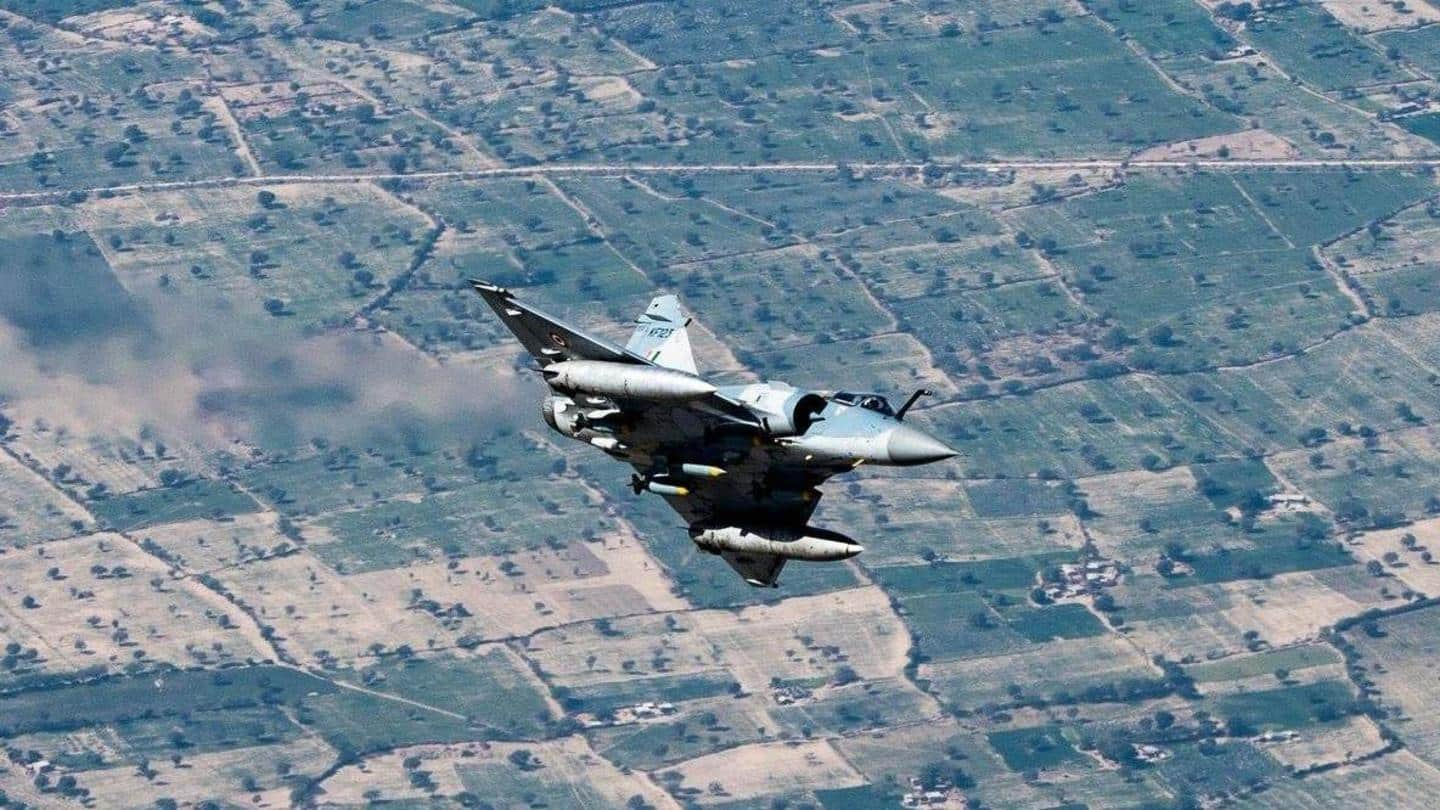
Two years of Balakot air strike: How the operation unfolded
What's the story
Around 4 am on this day in 2019, the then Air Force Chief BS Dhanoa made a telephone call to National Security Adviser Ajit Doval on a special RAX number - an ultra-secure fixed-line network.
"The monkey has been killed," he said in Hindi.
The code message meant that the crucial Balakot air strike had been successful.
Here's how the ambitious operation had unfolded.
Details
NSA Doval informed PM Modi about the operation's success
Dhanoa also made similar phone calls to then Defence Minister of India Nirmala Sitharaman and Secretary of Research and Analysis Wing (R&AW) Anil Dhasmana.
NSA Doval, meanwhile, informed Prime Minister Narendra Modi about the operation's success.
The Jaish-e-Mohammed (JeM) terrorist training camp at Balakot in hinterland Pakistan had been taken down by Indian fighter jets in a major operation across the border.
Information
Balakot strike was India's answer to the Pulwama attack
The Balakot air strike was carried out in India's response to the February 14, 2019 Pulwama terror attack engineered by JeM, in which 40 CRPF troopers were killed. Two years after the operation, various new details about the operation have come to the fore.
Details
Why was the code name 'Bandar' chosen?
Senior officials and functionaries involved in the Balakot air strike told Hindustan Times that the code name "Bandar" was chosen in an attempt to confuse the Pakistani intelligence.
The Indian side had hoped that Pakistani intelligence would think that the reference was to the JeM Headquarters at Bhawalpur with the terror outfit's ailing chief Masood Azhar living within the compound.
Other details
One of the bombs had failed to fire
According to the officials, five bombs had struck at 3:30 am Indian Standard Time or 3:00 am Pakistan Standard Time.
However, the sixth bomb carrying optical guidance failed to fire due to a software snag.
The only place left untouched in Balakot was the mosque.
Meanwhile, it remains still unclear whether the Indian mole inside the Balakot camp survived the attack.
Meeting
After the strike, a meeting was called by PM Modi
Soon after the operation was completed, a cabinet meeting was summoned by PM Modi which marked the attendance of all the senior ministers, top-level PMO officials, Home Secretary, Foreign Secretary, Secretary (R&AW), Director of the Intelligence Bureau, and then Air Force Chief.
At the meet, the PM thanked the Indian intelligence and the Air Force Chief for executing the challenging operation.
Tweet
Proud of our Armed Forces, says Rajnath Singh
As the operation completed two years today, Defence Minister Rajnath Singh said, "On the anniversary of Balakot Air Strikes, I salute the exceptional courage and diligence of the Indian Air Force."
"The success of Balakot strikes has shown India's strong will to act against terrorism. We are proud of our Armed Forces who keep India safe and secure," he tweeted this morning.